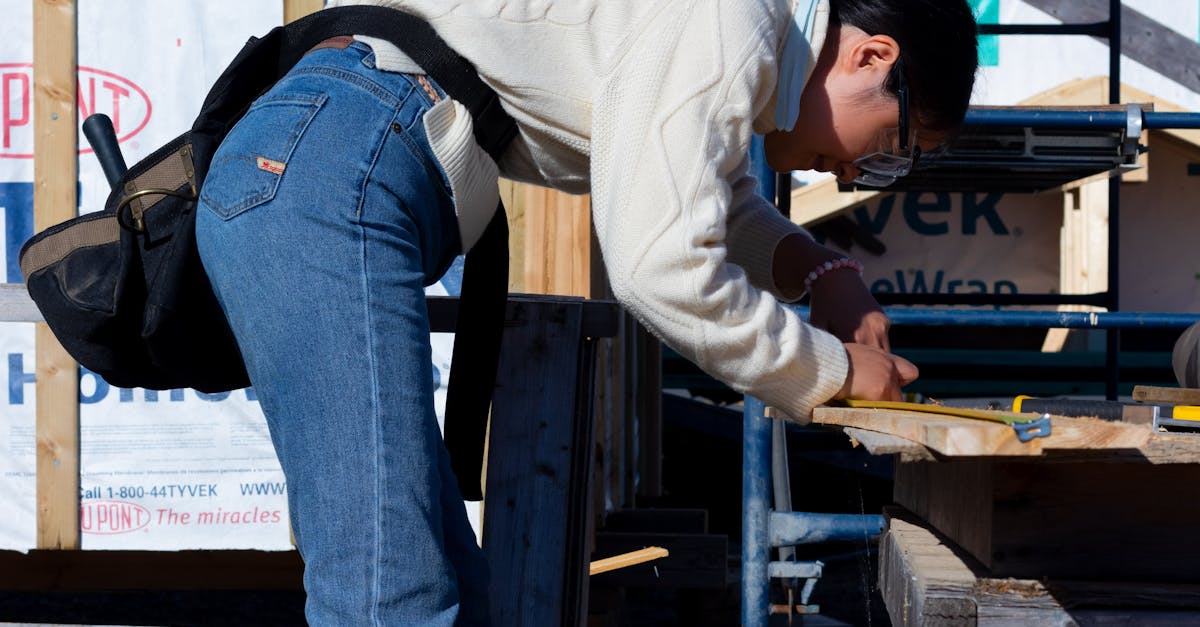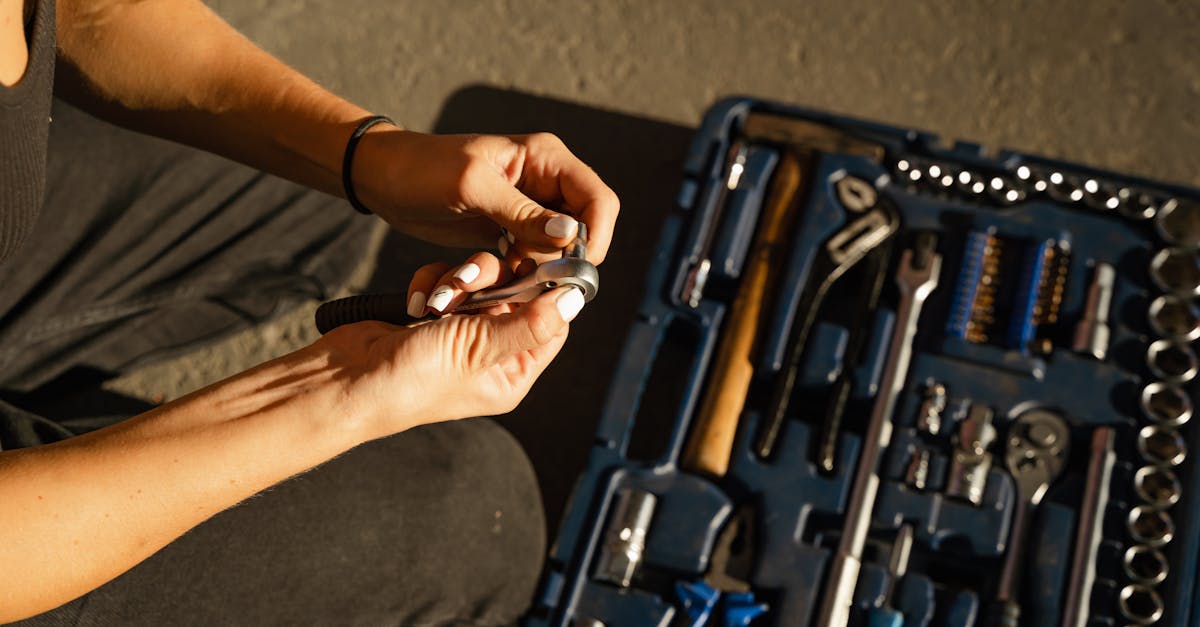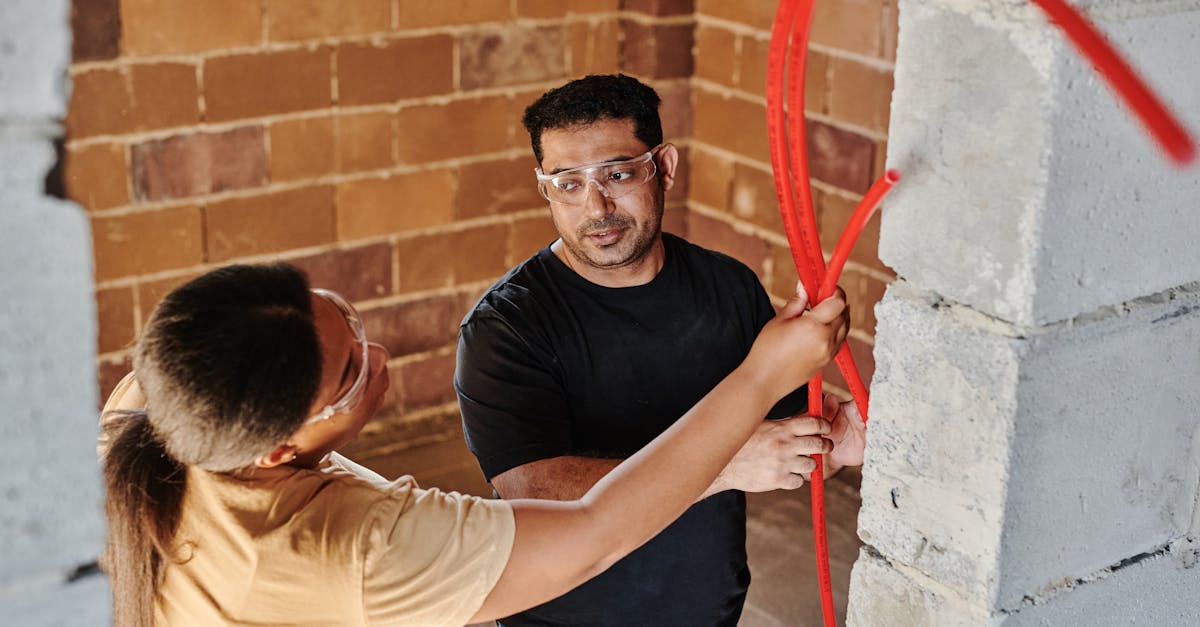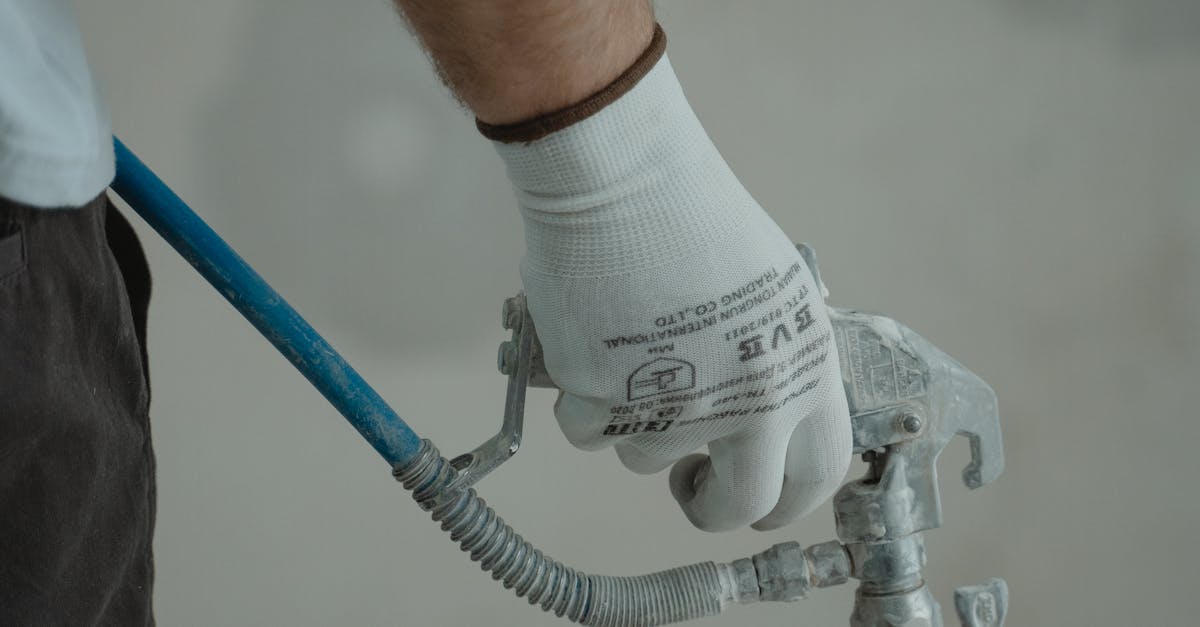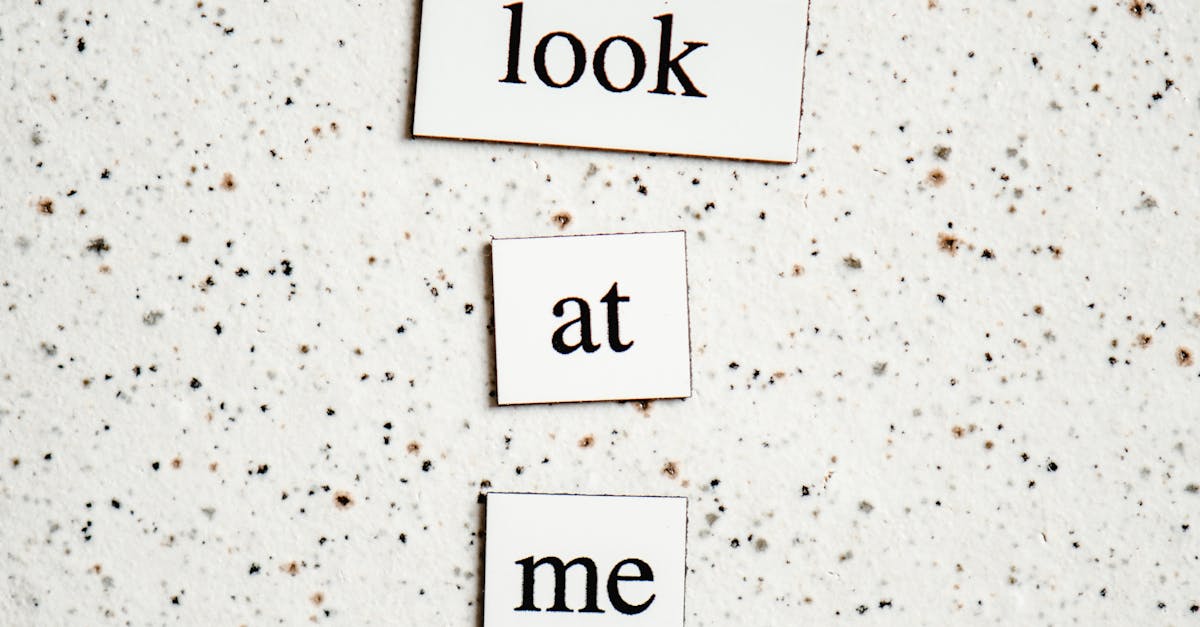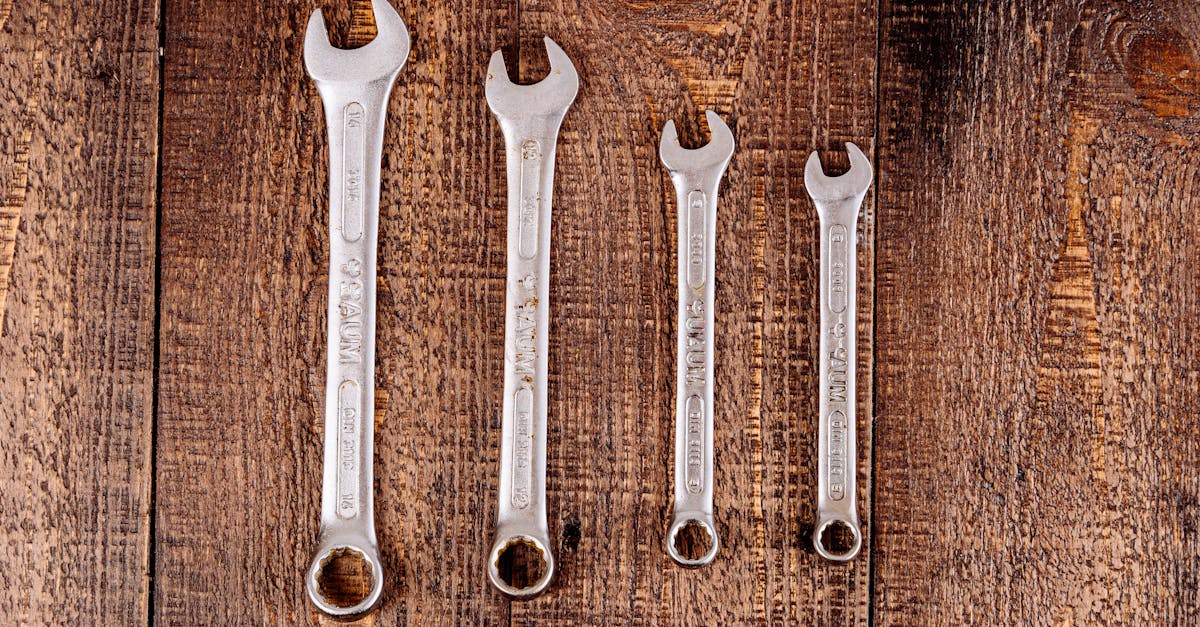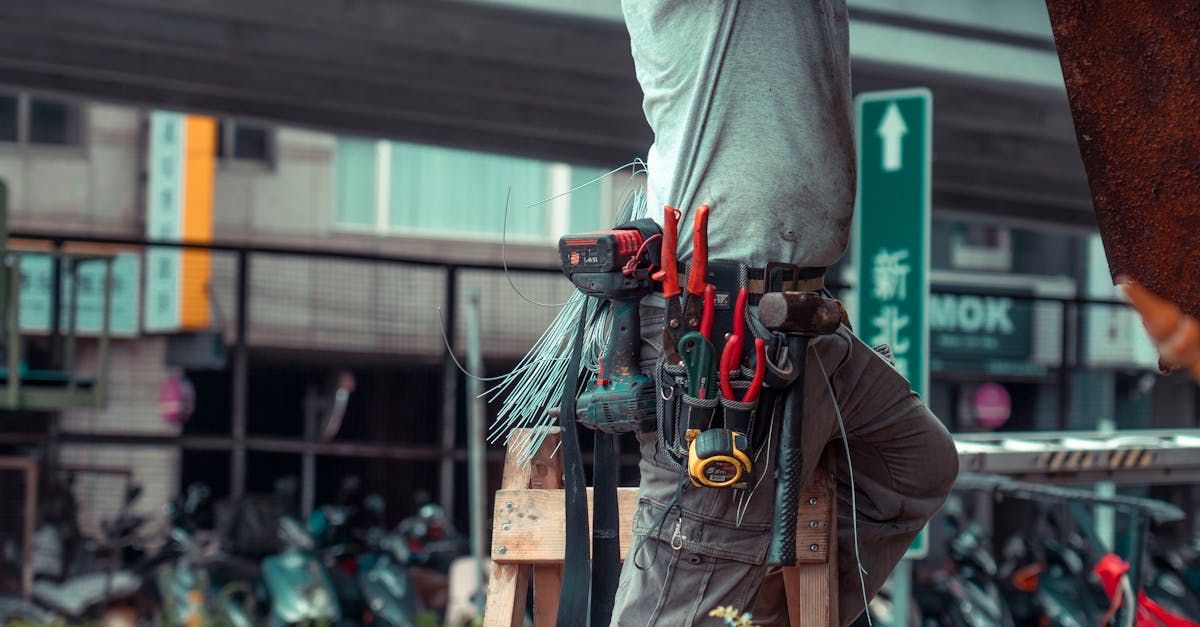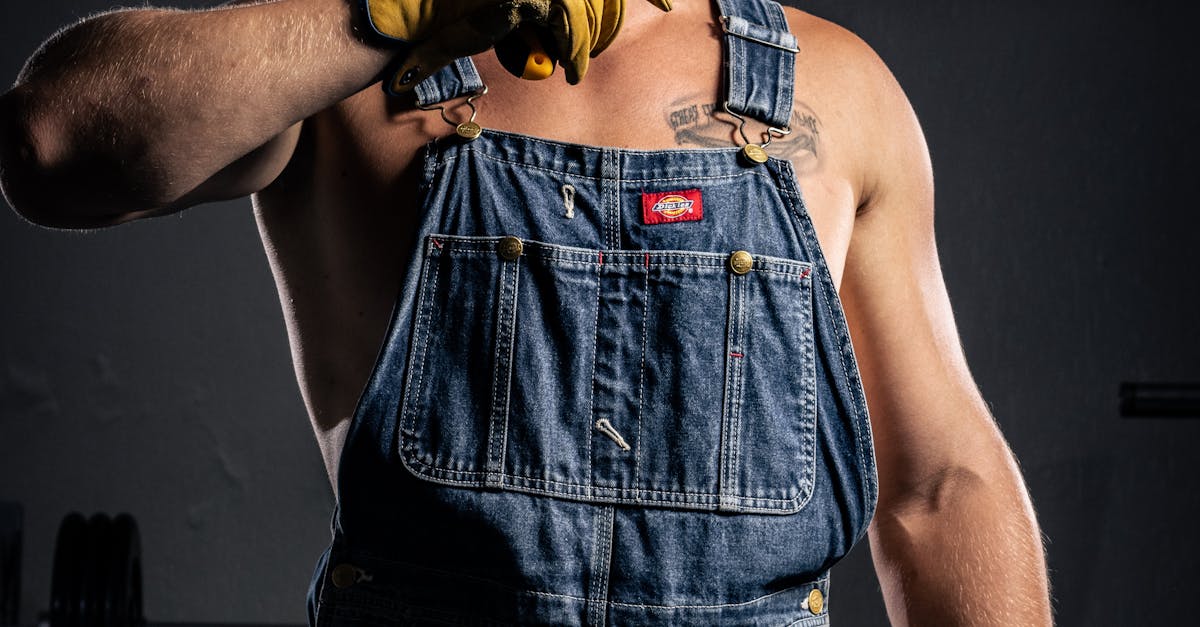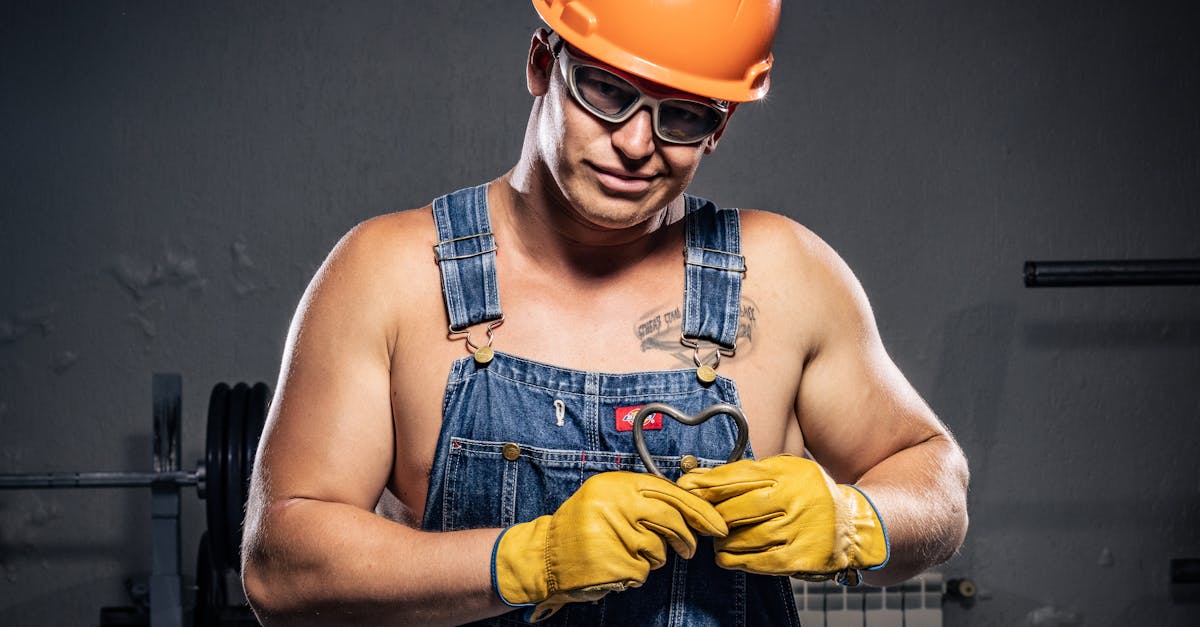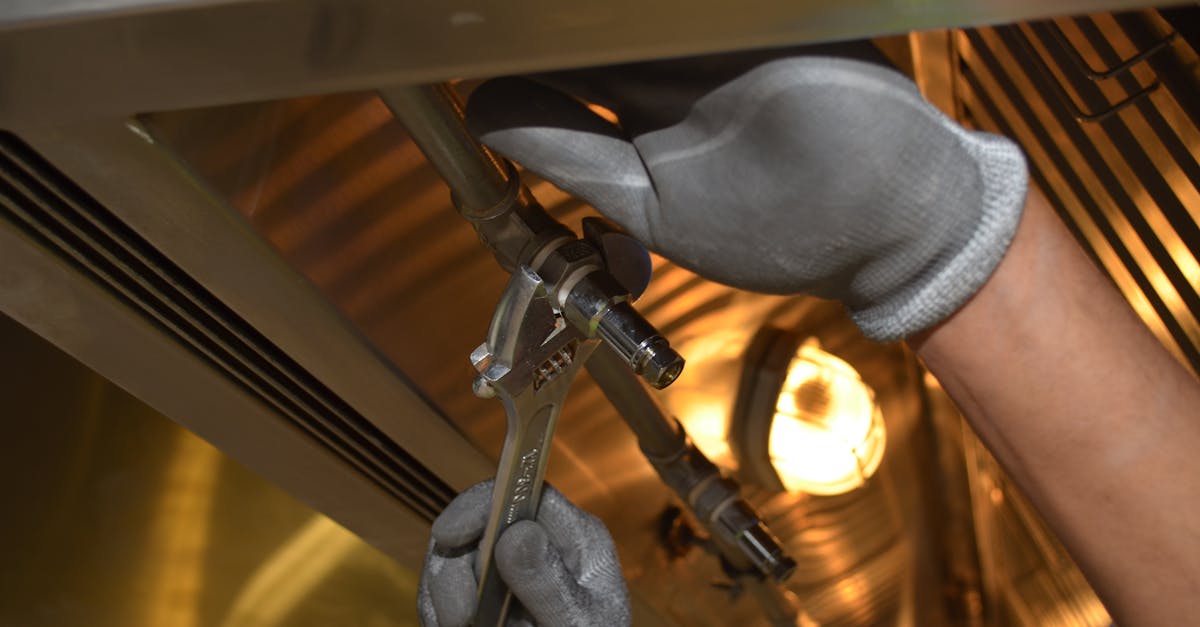
Table Of Contents
Drain Snake or Auger Application
A drain snake or auger is a versatile tool designed to tackle stubborn clogs deep within your plumbing. These devices feature a flexible metal cable that can reach into the pipe and dislodge blockages caused by hair, grease, and other debris. When using a drain snake, it's essential to push the cable gently into the drain while rotating it, allowing the auger to break through the obstruction. Many people opt for this method because it is effective and often provides immediate results without the need for harsh chemicals.
In situations where the blockage remains unyielding, contacting a blocked drain plumber may be necessary. These professionals possess expertise and specialised tools that can clear drains more effectively than a standard drain snake. It's important to avoid excessive force when using these tools, as this can damage the pipes. Instead, focus on retrieving and removing the blockage safely, ensuring your plumbing system remains intact and functional. Regular maintenance and the occasional use of a drain snake can prevent costly plumbing issues and ensure your drains flow freely.
How to Properly Use a Drain Snake
Using a drain snake effectively requires a few essential steps. Start by removing the drain cover or stopper to access the pipe. Insert the end of the snake into the drain until you encounter resistance, which often indicates a blockage. Turn the handle clockwise to extend the coil further into the drain. Apply gentle pressure while rotating, which helps you break up or latch onto the obstruction.
If you’re unable to clear the blockage after several attempts, it may be time to consult a blocked drain plumber. They possess the expertise and tools to tackle more stubborn clogs that can’t be resolved with a simple drain snake. Regular maintenance and understanding how to use these tools can save time and prevent the inconvenience of persistent blockages.
Chemical Drain Cleaners
Chemical drain cleaners are often marketed as quick solutions for clogs, providing an easy fix for homeowners facing a blocked sink or toilet. These products contain potent chemicals designed to dissolve hair, grease, and other debris causing the obstruction. While they can be effective for minor blockages, it is essential to follow the manufacturer's instructions to avoid damage to your pipes. Overuse can lead to long-term deterioration, which might necessitate calling a blocked drain plumber for more serious issues down the line.
In some cases, it is best to reconsider the use of chemical cleaners, especially in older plumbing systems. The harsh ingredients may react adversely with existing buildup or corrode pipes, potentially leading to leaks. Whenever significant blockages persist despite the use of these cleaners, it's wise to consult a blocked drain plumber. They can provide a professional assessment and employ safer, more effective measures to resolve the problem without risking further damage.
When to Consider This Option
Chemical drain cleaners can serve as a quick fix for occasional clogs, especially in cases where other methods may not be readily available. They are particularly effective for minor blockages caused by hair, grease, or soap buildup. It’s important to read the instructions carefully and consider the potential impact on your plumbing system. Over-reliance on these products could lead to damage over time, particularly in older pipes.
If the situation continues to worsen or if you are dealing with frequent blockages, consulting a blocked drain plumber may be the best course of action. Professional plumbers can provide a thorough assessment of your drainage issues and recommend solutions that are safe for your plumbing system. Choosing to limit the use of harsh chemicals can preserve your pipes while ensuring that any underlying issues are addressed properly.
Preventative Measures
Maintaining clear drains is essential to prevent the inconvenience of blockages. Regularly cleaning the drains with hot water can help dissolve minor buildup. Avoid pouring fats, oils, or food scraps down the sink as they contribute significantly to blockages. Installing a drain strainer in sinks and shower drains can also catch debris before it enters the pipes.
Routine inspections of your plumbing can catch potential issues early. If finding recurring problems, it may be wise to consult a blocked drain plumber. They can provide professional insights into ongoing issues and recommend solutions tailored to your home’s plumbing system. Regular maintenance will extend the life of your drains and reduce the likelihood of unexpected clogs.
Tips for Maintaining Clear Drains
Maintaining clear drains can save you from the hassle of dealing with blockages in the future. Regularly flushing your drains with hot water helps to dissolve any grease or soap buildup. Additionally, using a mixture of baking soda and vinegar periodically can provide a natural cleaning solution, removing residues and keeping the pipes flowing smoothly. These simple practices can go a long way in preventing the need to call a blocked drain plumber.
Another effective strategy is to be mindful of what goes down your drains. Avoid flushing items like wipes, hair, and food scraps, as these are common culprits of clogs. Installing drain covers can help catch debris before it enters the drainage system, making it easier to dispose of it properly. By being proactive and taking these steps, you can significantly reduce the chances of a blockage and lessen the need for professional intervention.
FAQS
What is the quickest way to unclog a drain?
The quickest way to unclog a drain is to use a drain snake or auger, as it can effectively remove obstructions without the need for chemicals.
Are chemical drain cleaners safe to use?
Chemical drain cleaners can be effective but may contain harsh chemicals that can damage pipes if used improperly. It's important to follow the instructions and consider safer alternatives if possible.
How often should I conduct preventative maintenance on my drains?
It's advisable to conduct preventative maintenance on your drains every few months to keep them clear and reduce the risk of clogs.
What household items can I use to maintain clear drains?
You can use baking soda and vinegar as a natural solution to help maintain clear drains. Regularly flushing your drains with hot water can also help.
When should I call a professional plumber for a clogged drain?
You should call a professional plumber if you’ve tried DIY methods without success, if the clog recurs frequently, or if you suspect a more serious plumbing issue.
